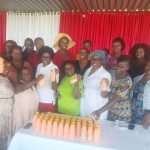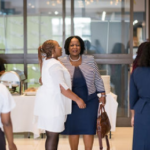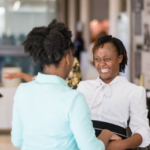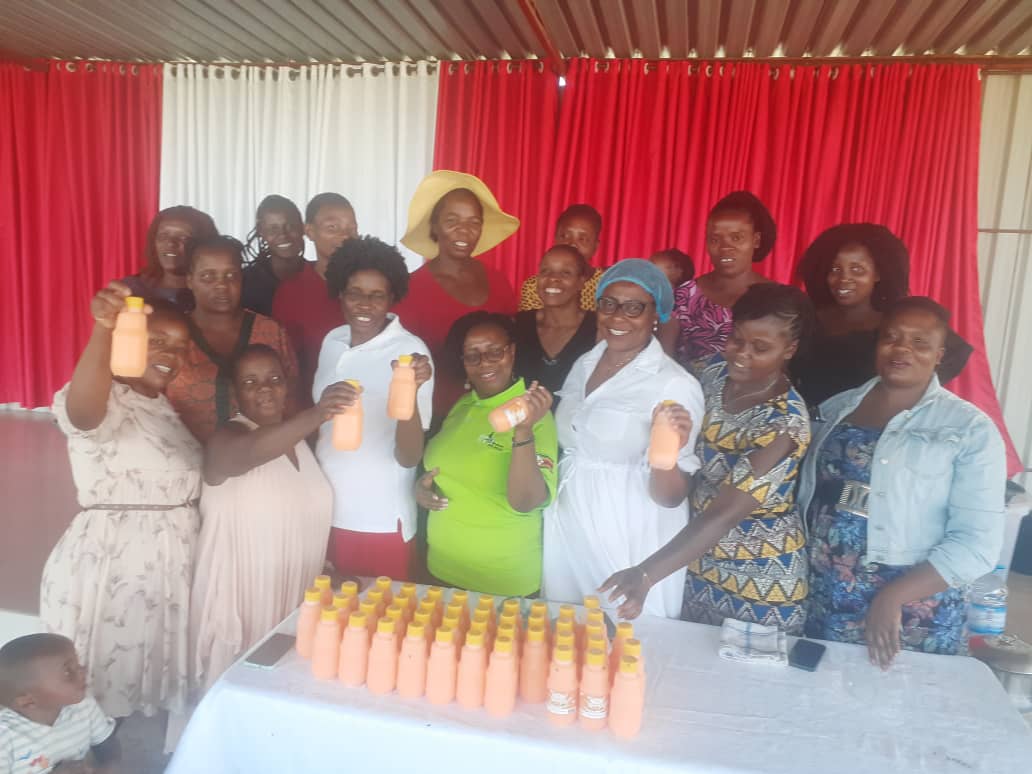Women's Breakfast Recap, Financial Inclusion On the 25th of November, we hosted our breakfast meeting at Cresta Oasis with the theme "Women Leading Total Transformation in Zimbabwe" sponsored by Old…
Women’s Breakfast Recap, Financial Inclusion On the 25th of November, we hosted our breakfast meeting at Cresta Oasis with the theme “Women Leading Total Transformation in Zimbabwe” sponsored by Old…








